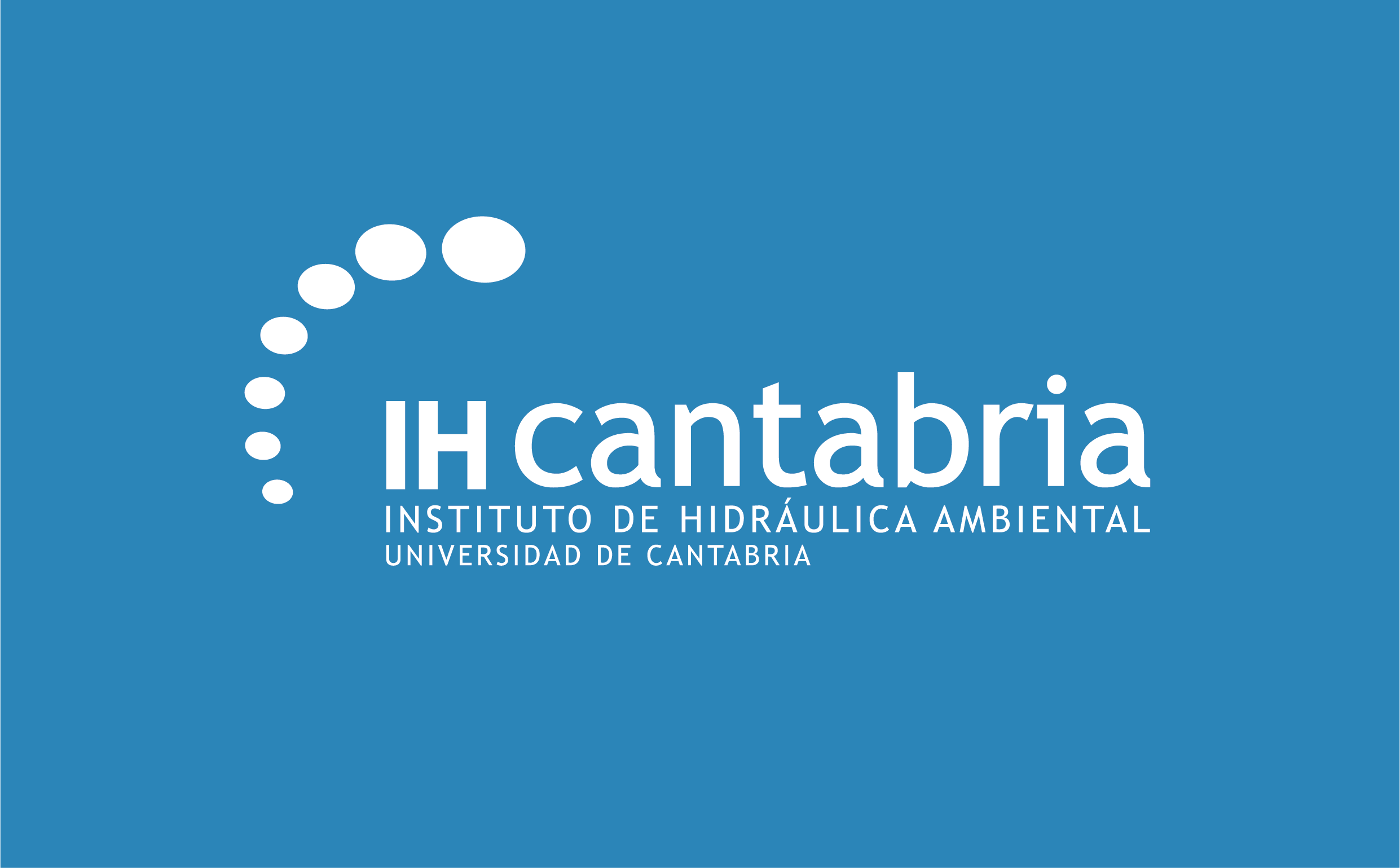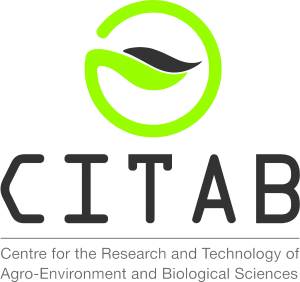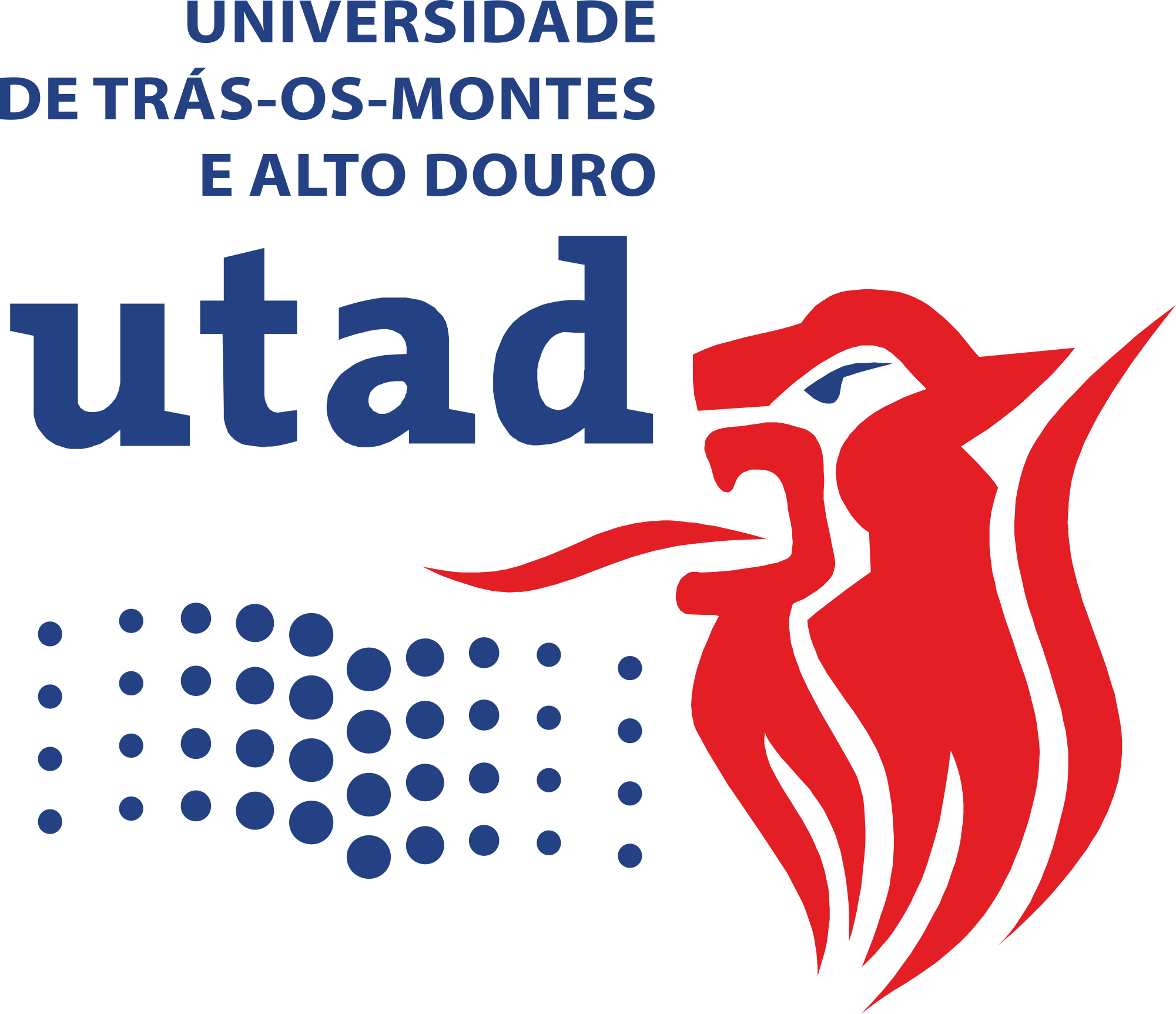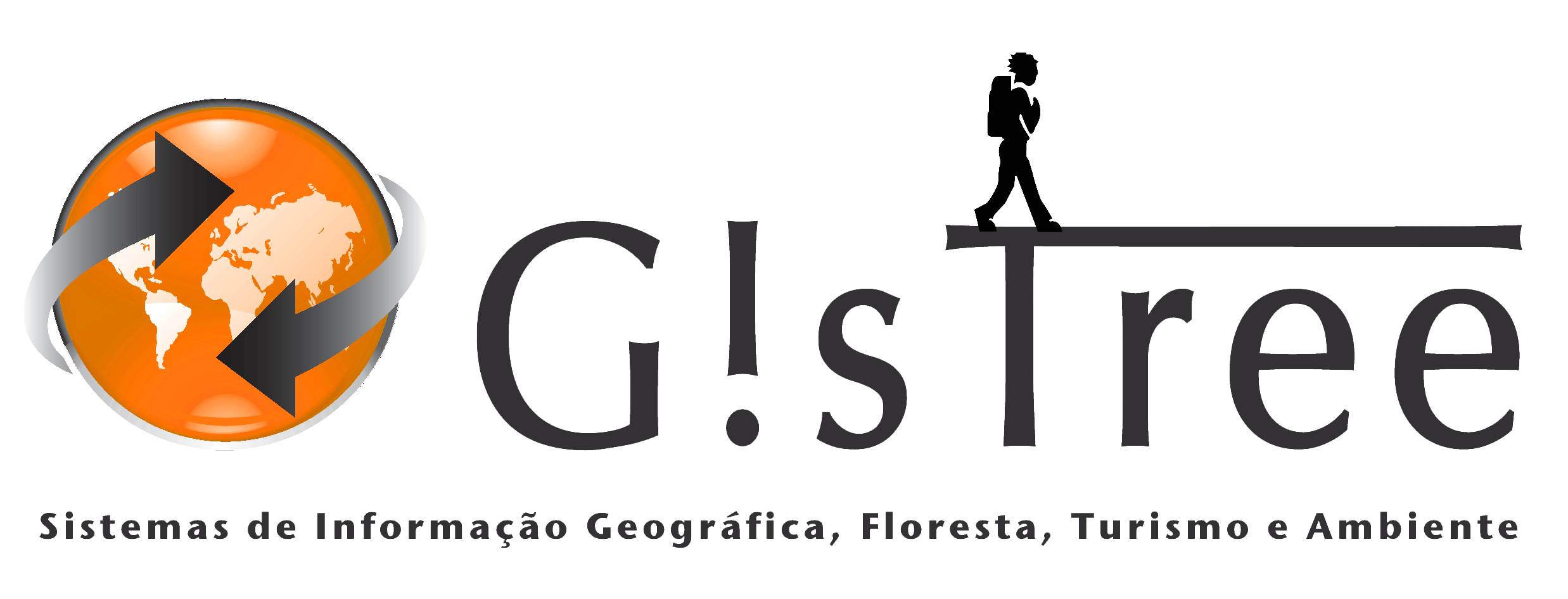SPAIN

Environmental Hydraulics Institute of Cantabria
The Environmental Hydraulics Institute “IHCantabria” is a research center located in North Spain, with over 20 years of experience in the study of water environments. IHCantabria is an international reference in coastal, marine and river engineering and management, conducting an average of 100 research, consultancy and training projects worldwide. This is possible due to the combination of a highly motivated team of 140 professionals with multidisciplinary backgrounds, and innovative facilities hosting supercomputing, physical modelling and hydrobiology laboratories.

Basque Centre for Climate Change (BC3)
BC3 is an internationally recognized research center on climate change, with a multidisciplinary team of high-profile researchers, which aims to foster the creation of knowledge with a multidisciplinary scientific approach in order to support better decisions for a more sustainable society. BC3 hosts the Integrated Modelling (IM) Partnership, which supports BC3 strategic activities related to integrated data science and collaborative, integrated modeling on the semantic web.

k.LAB - The integrated Modelling Partnership
The IM Partnership develops and maintains the k.LAB software stack, a semantic web infrastructure that uses artificial intelligence to build computational solutions to environment, policy and sustainability problems. The open source k.LAB software includes client and server components that connect data and models from distributed repositories, guided by machine reasoning over a set of shared ontologies.

ARIES
This technology, based on machine reasoning, machine learning, distributed computing and high-performance, multi-disciplinary and multi-paradigm system modeling, is expected to serve a growing number of worldwide users (from academia, governments, NGOs and industry) in the years to come. The flagship application of this technology is ARIES: a complexity embracing approach to mapping natural capital, natural processes, human beneficiaries, and service flows to society combined with a powerful way to visualize, value, and manage the ecosystems on which the human economy and well-being depend.
PORTUGAL

Centre for the Research and Technology of Agro-Environmental and Biological Sciences (CITAB)
Through the Centre for Research and Technology of Agro-Environmental and Biological Sciences (CITAB), the UTAD promotes research in the scientific areas of agri-food, forestry and environment, and a novelty a group of technological engineers pushes forward innovative applied solutions in those areas. Through this Centre, there is also the promotion of interdisciplinary activities, internationalization, innovative solutions and increased linkages to the industry. The CITAB also maintains strategic partnerships with other relevant international organizations on the aforementioned scientific areas, including CITA and IRTA (Spain), CRA and IBAF-CNR (Italy), IFR (UK) and INRA (France) in the area of Sustainable Agro-Food Chains. In recent years UTAD developed important cooperation policies with Brazil, the countries of the Iberian-American network and with African countries.

University of Trás-os-Montes and Alto Douro (UTAD)
Placed in the north-eastern city of Vila Real, the University of Trás-os-Montes e Alto Douro (UTAD) became a public university in 1986. Today UTAD is widely recognized as a significant reference in the Portuguese university system, defending high quality teaching, research and community outreach. The UTAD has chosen teaching and research fields which meet national needs, and thus strives to be a Centre of Excellence for lifelong learning and for the creation, transmission and dissemination of culture, science and technology. The UTAD offers different study options through its 5 schools (Agricultural & Veterinary Sciences, Human & Social Sciences, Sciences & Technology, Life & Environmental Sciences & Nursing), while research is developed through 8 different Research Centres.

Quercus - National Association for Nature Conservation
Quercus is a Portuguese non profit, environmental non-governmental organization founded in 1985, with 4.000 associates and 18 regional centres. It mobilizes hundreds of volunteers in its campaigns and has a professional work structure on diverse environmental subjects. Its general objectives are: Research, safeguard and make knowledge available on the biophysical patrimony, defending and promoting the conservation of natural and cultural values; To foment and promote civic, scientific and environmental education activities; To elaborate scientific, technical, pedagogical and didactic studies, that may contribute to a better knowledge and defence of natural and cultural patrimony values; To alert and give support to citizens in technical, scientific and juridical terms in reaction to environmental dysfunctions; The organization has specialized Working Groups that depend directly from the National Board. The technical work is supported by many work groups and permanent projects. Existing working groups are: Nature Conservation, Waste, Energy and Climate Change, Water, Education for Sustainable Development, Genetic Modified Organisms.

GISTREE - Environment, Forest and Geographic Information Systems, Lda
Gistree is a Portuguese SME with its core business focused in the Geographic Information Sciences. It was born in February 2010 by the hands of their current executive partners: Pedro Ferreira and Marco Magalhães. The primary mission is to offer an innovative and attractive service based in geographic information technologies to support decision making. At Gistree, there is intention to promote and disseminate the use of geographic information systems, namely the ones which are based in Open-Source technologies and principles. Also the contribution to modernization and speed up Public Administration processes, as well in the private sector, making it more efficient and competitive. Gistree's skills framework can be resumed into Business Consulting and Professional Training in the following areas: Geographic Information Systems - implementation of solutions based on GIS and WebSIG analysis; Large-scale topographic surveys and cartographic production; Remote sensing studies using aerial photography, orthophotographies and satellite imagery; Forestry - forest Management Plans; Forest inventory studies; Integrated planning solutions for energy crops and renewable energies (forest biomass); Nature and Environment Tourism - environmental Impacts Studies; Habitat Monitoring; Pedestrian and cyclotourism routes design; Professional Training – organization, promotion and execution of training plans.
FRANCE

UBO - University of West Brittany
The Université de Bretagne Occidentale (UBO) is a multidisciplinary university in Brest, France. Within UBO, the joint UBO-IFREMER-CNRS research unit AMURE - Centre for the law and economics of sea was established in January 2008 by association of the Maritime Economics Department of IFREMER and the Centre for the Law and Economics of the Sea of the UBO.

AMURE - Centre for the law and economics of sea
AMURE is part of the European Institute of Marine Studies (IUEM). Research focus of AMURE is the economic and legal analysis of public policies related to the development of maritime activities, the management of marine resources and coastal zones, and ecosystem conservation. Bringing together a group of more than 70 researchers, engineers, and doctoral students in economics and law, AMURE is a leading research and training centre in the area of marine policy in Europe. It has a longstanding experience in inter and transdisciplinary cooperation with natural and other social sciences, as well as with managers and stakeholders, under international and national projects.

University of Rennes 1
Université de Rennes 1 represents 29,000 students, 3,700 employees, 32 research units associated with national research centres, a budget of €292.4 million and more than 250 PhD degrees awarded every year. Our overall goal is to provide researchers and students with a unique opportunity to interact with a broad and global network. Numerous incoming and outgoing students, lecturers and researchers from all over the world, in addition to our commitment to increase mobility for non-teaching staff, characterise the global network of Université de Rennes 1. The main research sectors, linked to four graduate schools are: Mathematics and ICT (Information and Communication Sciences & Technologies); Life and Health Sciences; Material Sciences; Humanities; Social Sciences. Scientific collaborations include 17 International Associated Laboratories (LIAs) and International Research Groups (GDRIs) in conjunction with the National Centre for Scientific Research (CNRS) or the French National Institute of Health and Medical Research (INSERM).

National Center for scientific Research - Bretagne Pays de la Loire DElegation (DR17)
The National Centre for Scientific Research (CNRS) is a public organization under the responsibility of the French Ministry of Education and Research. The CNRS carries out its activities in all fields of knowledge, relying on more than 1100 research and service units: 32,000 people (including 11 137 researchers and 13 415 engineers, technicians and administrative staff). Founded in 1939 by governmental decree, the CNRS aims to: Evaluate and carry out all research capable of advancing knowledge and bringing social, cultural, and economic benefits for society; Contribute to the promotion and application of research results; Develop scientific information; Support research training; Participate in the analysis of the national and international scientific climate and its potential for evolution in order to develop a national policy.
NORTHERN IRELAND

AFBI - Agri-Food and Biosciences Institute
The Agri-Food and Biosciences Institute (AFBI) is Northern Ireland’s largest multidisciplinary science and technology organisation. In line with the Vision of “Advancing the local and global agri-food sectors through scientific excellence”, AFBI works with a range of partners to provide scientific solutions to the global challenges of climate change, food security and environmental protection. AFBI undertakes research and development (R&D), surveillance, analytical and diagnostic testing for a wide range of customers under the three overarching themes of sustainable livestock systems, ecosystems and the environmental and societal impact. In addition to working with DAERA, AFBI also contributes to the achievement of the Northern Ireland Executive’s strategic goals through provision of scientific services to other departments and agencies across government. AFBI is also engaged with the international research community in providing scientific solutions to the global challenges of disease control, climate change, food security, and environmental protection and as such delivers a large portfolio of scientific work to a wide range of local, national and international customers.
REPUBLIC OF IRELAND

NUIG - National University of Ireland, Galway
The National University of Ireland, Galway (NUIG) is the largest and oldest university based in the west of Ireland, employing in excess of 2 000 staff with a 17 000 strong student population. It is a research-led University and its research and teaching infrastructure is well established, of world calibre and strongly supported. NUI Galway has traditionally played a major role in marine research in Ireland due to its strategic location as a gateway to the North Atlantic and has a long history of involvement in European marine research. NUI Galway is unique in Ireland and much of Europe in that it has under the one academic roof, marine scientists, social scientists and science educationists (formal and informal) working on ocean related research.

SEMRU - Socio-Economic Marine Research Unit
The Socio-Economic Marine Research Unit (SEMRU) of NUI Galway is the main participant in this project. SEMRU was established through the Beaufort Award in 2008 and since has developed into the foremost marine economic analysis unit in Ireland. It has strongly influenced policy making in the marine sector, particularly through its bi-annual Ocean Economy Report which informed Ireland’s marine plan, Harnessing Our Wealth – An Integrated Marine Plan for Ireland (2012). Other examples of involvement in policy include contribution to the socio-economic assessment of Ireland’s submission for the Marine Strategy Framework Directive and communication of policy research within the Whitaker Institute through the WI policy briefing series.
